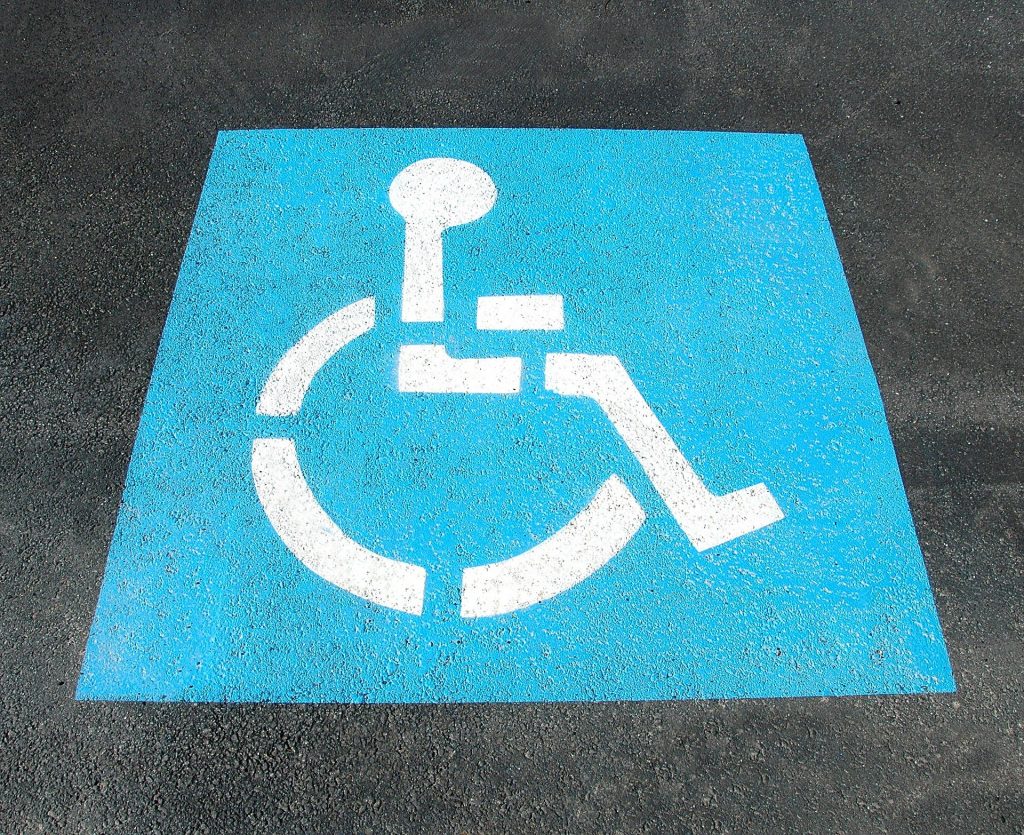What is it about disability that you really should know? If you’re not personally disabled and don’t have any people with disabilities in your immediate family, then just how current and knowledgeable are you about disability issues?
1) Disability Takes Many Forms:

No particular disability is ‘better’ or ‘worse’ as compared to others. Disability match has several broad categories, and each category has many different particular conditions. Every one of them is distinct and needs its own form of response. What they have in common is a combination of medical difficulties, mental hardships, practical barriers, social hurdles, and stigma imposed on them from not just other people but entire social systems and cultural practices.
2) Anyone With A Disability Should Be Given Respect All The Time:
Disabilities vary, and they each require a different response. Someone with a physical or mobility impairment might need a wheelchair, cane, or walker, on top of homes and communities free of barriers. Some people with disabilities, especially physical ones, might need daily help with routine self-care activities. Adaptive devices and technology are necessary for the deaf, non-speaking, hearing impaired, visually impaired, and the blind. Many people with disabilities need to be given their own space and time to personally navigate the surrounding world, communicate with others, and be heard.
3) Disabilities Are Hard, But Not Always Terrible:
Many disabled people have to experience hardships that are both directly and indirectly associated with their disabilities. Unfortunately, many disabled individuals discover that their hardships happen not due to their actual disabilities but because of the people around them and their surrounding environment. Sometimes, a disabled person will suffer directly from their disability. Other times, they’ll suffer indirectly by the ableism of others, systemic failures of society around them, and just a lack of accessibility. Disabled individuals will cope with their impairments better some days than others, but even on a ‘good day’ where someone can get to where they need to go, they never know when they’ll have to be ready emotionally for the inevitable ableist and insensitive comments that might come out of nowhere.
4) Some Disabled Individuals Actually Benefit From Privilege While Others Don’t:
Have you watched Game of Thrones? Remember Tyrion Lannister? He famously said that if you have to be a cripple, you’re better being a rich one. He noted how his social status in a noble family likely spared him from death at birth. There are commonly shared experiences among the disabled from all walks of life, but some face more discrimination and less opportunity than others.
5) Disabled People Want The Same As Anyone Else:
They want to be seen. They want to be heard. They want to be believed. They want to be taken seriously. This applies to almost anyone, but disabled people want it more than most. The concept of visibility is a complicated conversation with someone disabled. Those who are disabled are often quickly noticed for their disabilities, but they also feel invisible, unnoticed, and rarely acknowledged. Many disabled people even strive to be not noticed or even hide their disabilities in the hopes of inclusion. All human beings have an innate need for acknowledgement though, and this holds true whether someone is disabled or not.
Recognition of disabilities is on the rise. Use these 5 points to make sure you are treating the disabled respectfully and rightfully where you live and work.